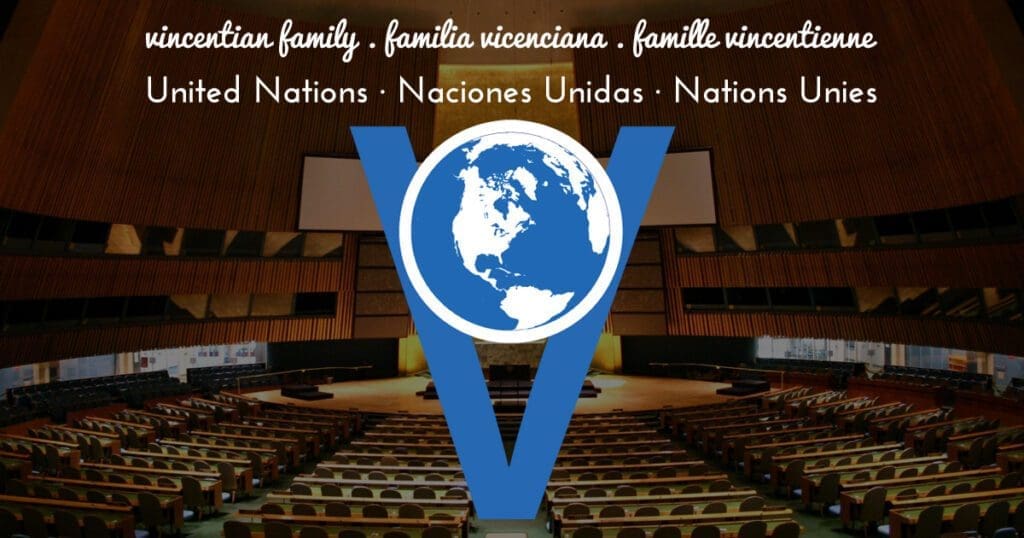While poverty can be described in many ways, the United Nations defines extreme poverty as “a condition characterized by severe deprivation of basic human needs, including food, safe drinking water, sanitation facilities, health, shelter, education and information. It depends not only on income but also on access to services.” Income is one of the most commonly used measures of poverty on a global level.
Over the past three years, the number of individuals living on less than $3.65 USD-a-day increased by 165 million. Today, nearly 700 million people worldwide live in extreme poverty, on less than $2.15 a day.
Extreme poverty is concentrated in the places where it will be hardest to eradicate: the least developed countries, conflict-affected areas and isolated rural regions. The outlook is also bleak for the 50% of the world’s population who live on less than $6.85 a day, the poverty line set for upper-middle-income countries.
Poverty is also closely linked to the existential threat posed by climate change. Millions of poor people live in areas that are highly exposed to floods, cyclones, droughts, intense heat or other extreme weather phenomena.
Rising temperatures increase the risk of violence, including domestic violence. A study, published in the journal JAMA Psychiatry in June 2023 and involving 190,000 women from Pakistan, India and Nepal, shows that a one-degree rise in temperature coincides with a 6.3% increase in acts of domestic violence, due to worsening living conditions and accompanying stress. It also leads to complications for pregnant women, with an increase in the number of miscarriages and premature deliveries.
The United Nations Development Program (UNDP) has said that a significant factor contributing to this rise in poverty is also the enormous amounts of money that low-income countries are paying in interest for their debts to higher-income countries. For example, on average, low-income countries are likely to spend more than twice as much money satisfying interest payments on foreign loans as they spend on social assistance programs. The amount they tend to spend on these interest payments is equivalent to 60% of their public education expenditures. In other words, if higher-income nations allowed a “pause” on interest payments for the funds they have loaned to low-income nations, those low-income nations would be able to dedicate significantly greater funds toward programs that assist those at risk of losing access to their basic needs.
In United States 70% of the Nation’s Poor are Women & Children with single mothers facing the highest risk. Currently, 35% of single women with children live and raise their families in poverty. https://www.legalmomentum.org/women-and-poverty-america
Root causes are manifold, inadequate support of unaccompanied children amidst rising migration and refugee flows, armed conflicts, dysfunctional families, and lack of parental care. Notably, in low-income countries, children are often trafficked for forced labor, whereas in high-income countries, sexual exploitation remains prevalent among children.
An estimated 333 million children globally – or 1 in 6 – live in extreme poverty, according to new UNICEF – World Bank analysis released today. Global Trends in Child Monetary Poverty According to International Poverty Lines
It is the most vulnerable who feel the effects of poverty most acutely. A recent report by the World Bank and UNICEF revealed that children account for more than half of those living in extreme poverty, while their share of the overall population is just 31%.
Poverty is one of the most urgent challenges of our time, while progress has been made in reducing poverty levels in certain regions, the COVID-19 pandemic, ongoing conflicts, and extreme weather events have caused major setbacks, and the world is not on track to meet the United Nations’ Sustainable Development Goal of eliminating poverty in all its forms by 2030.
This was no different in seventeenth-century France. In fact, the era of Saint Vincent and Saint Louise was a period of great turmoil, cruelly epitomized by the “War of the Great Confinement” which began in 1656 with a royal prohibition against all manner of public begging by the destitute poor, and with all kinds of injustice.
Like Vincent, we must sharpen our powers of observation to be agents of change, to address the new forms of poverty, their cause and work with those who are involved in finding solutions to this misery.
Sister Michelle Loisel, DC
NGO Representative at the UN
Company of the Daughters of Charity








Excellent, Michelle, eliminating poverty should be everyone’s goal, as it certainly is for the Vincentian Family. Thank for this reminder! Jim Claffey
Great summary of the issue of extreme poverty. We Need to accelerate our efforts to bring about systemic change.